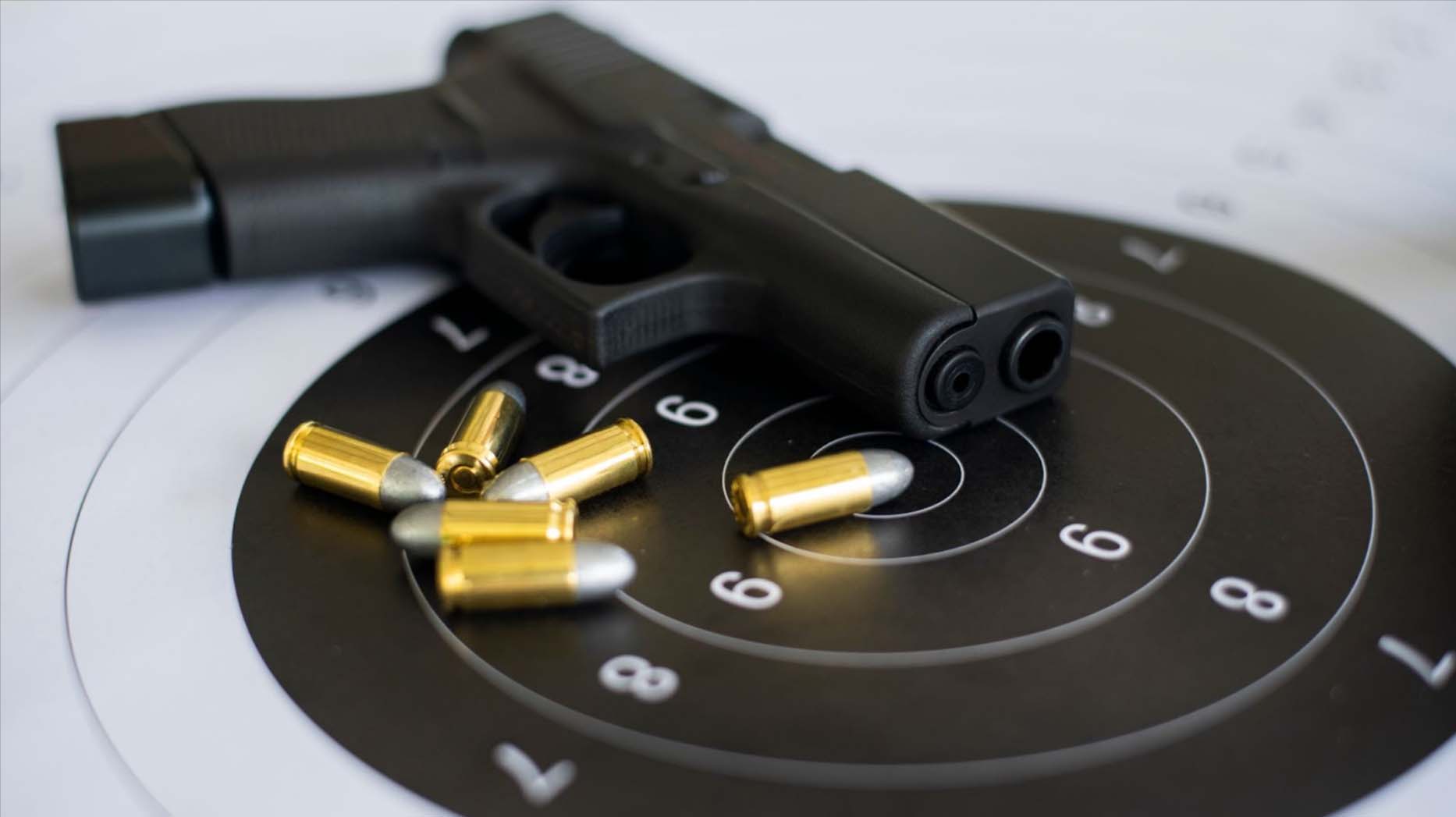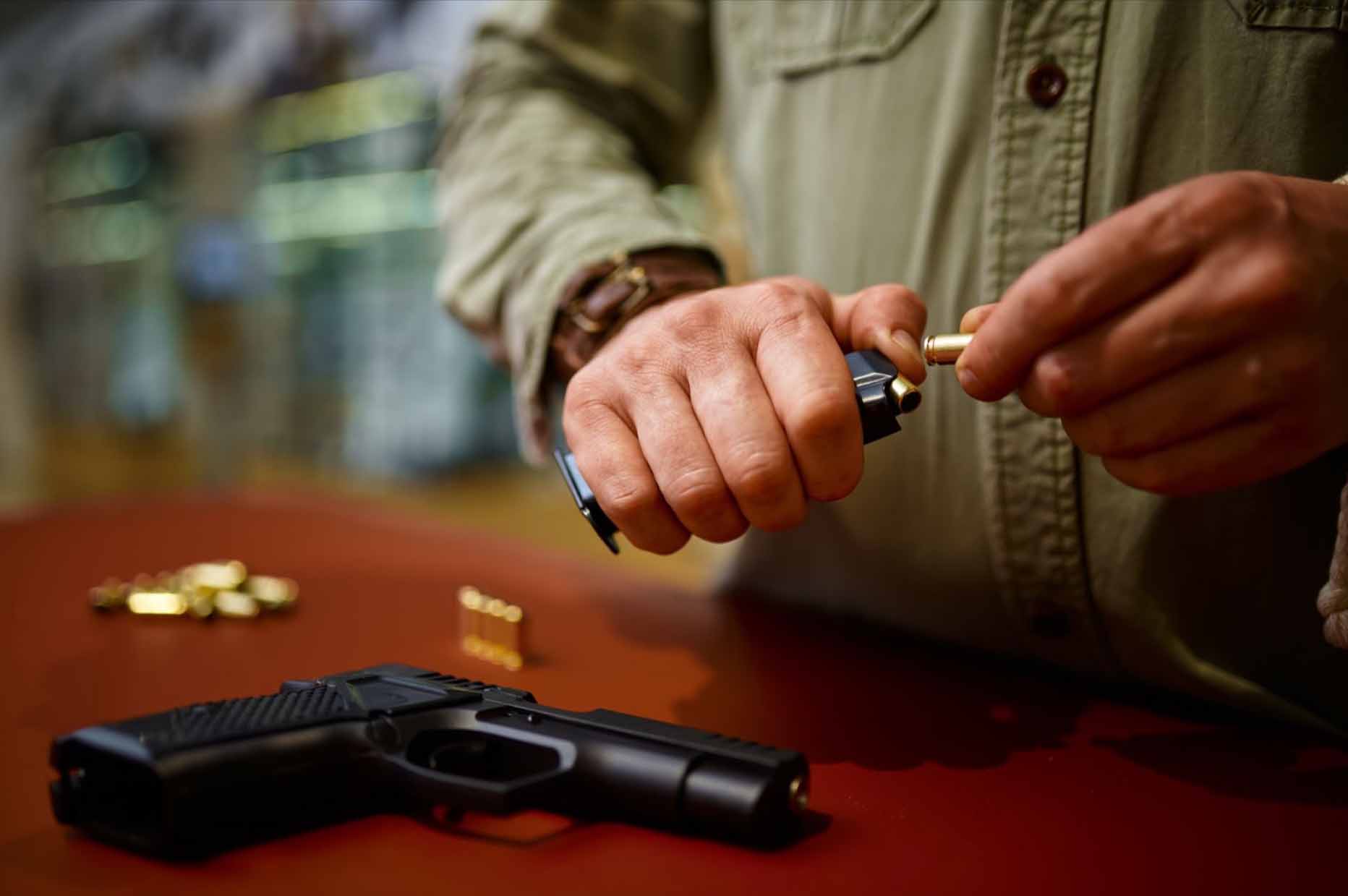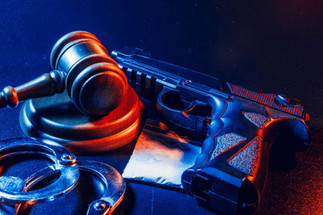Jun 28th 2024
Understanding Gun Shop Regulations and Laws in Mississippi You Need to Know
Understanding Gun Shop Regulations and Laws in Mississippi
Gun ownership and usage come with significant responsibilities. Understanding the regulations and laws governing Mississippi gun shops is crucial for sellers and buyers. These regulations ensure that firearms are handled safely and legally, protecting the rights and safety of the community. This comprehensive guide delves into the various aspects of gun shop regulations and laws in Mississippi, providing clear information for those looking to buy, sell, or learn about firearms in the state.
Federal Regulations and Mississippi State Laws
Gun shop regulations in Mississippi are governed by a combination of federal and state laws. At the federal level, the Bureau of Alcohol, Tobacco, Firearms, and Explosives (ATF) enforces regulations that gun shops must follow, including conducting background checks and maintaining transaction records. Mississippi state laws complement these regulations with specific rules that apply to the sale, transfer, and ownership of firearms within the state. Understanding federal and state laws is essential for gun shop owners to ensure full compliance and legal operation.
Federal Firearms Regulations
Gun shops in Mississippi must comply with ATF regulations, which include mandatory background checks for all firearm purchasers through the National Instant Criminal Background Check System (NICS). These checks are crucial in ensuring that firearms do not fall into the hands of prohibited persons, such as convicted felons or individuals with restraining orders related to domestic violence. Additionally, gun shops must maintain accurate records of all firearm transactions and adhere to strict guidelines regarding the storage and handling of firearms to prevent unauthorized access and theft.
State-Specific Firearm Laws in Mississippi
Mississippi has its own set of laws that supplement federal regulations. One key aspect is the state's "constitutional carry" law, which allows residents to carry a concealed firearm without a permit. However, certain restrictions apply, and understanding these nuances is essential for legal compliance. Mississippi also mandates that all gun shops be licensed and that they conduct background checks in line with federal requirements. Additionally, the state has specific laws governing the sale of firearms to minors and the reporting of lost or stolen firearms.
Licensing Requirements for Gun Shops
Operating a gun shop in Mississippi requires adhering to specific licensing requirements. Gun shop owners must obtain a Federal Firearms License (FFL) from the ATF, which involves a thorough application process and compliance with federal laws. Additionally, a state business license is necessary to operate within Mississippi legally. These licenses ensure that gun shops meet all legal standards and can provide safe and lawful services to their customers. Understanding the licensing process is crucial for anyone looking to enter the firearm retail business.
Federal Firearms License (FFL)
Obtaining a Federal Firearms License (FFL) from the ATF is mandatory to operate a gun shop in Mississippi. The FFL application process involves a thorough background check, submission of fingerprints, and compliance with all federal firearms laws. Once obtained, the FFL must be renewed periodically, and gun shops must adhere to strict record-keeping and reporting requirements to maintain their license.
Mississippi State Business License
In addition to the FFL, gun shop owners in Mississippi must also obtain a state business license. This license ensures that the business complies with all state laws and regulations, including zoning laws that dictate where a gun shop can be located. Obtaining a state business license involves registering the business with the Mississippi Secretary of State and complying with any local ordinances that may apply.
Background Checks and Waiting Periods
Background checks are critical to firearm sales, ensuring only eligible individuals can purchase firearms. Gun shops in Mississippi must conduct these checks through the National Instant Criminal Background Check System (NICS) to verify the legal status of potential buyers. While Mississippi does not impose a mandatory waiting period for firearm purchases, federal law requires certain waiting periods under specific circumstances. Understanding these requirements is essential for gun shop owners and customers to ensure compliance and safe transactions.
Conducting Background Checks
One of the most critical aspects of gun shop regulations is the requirement to conduct background checks on all potential firearm purchasers. This process involves using the NICS database to ensure the buyer is legally eligible to purchase a firearm. The background check must be completed before any firearm is transferred to the buyer, and gun shops must keep detailed records of these checks for ATF inspections.
Understanding Waiting Periods
Mississippi does not impose a mandatory waiting period for firearm purchases, meaning that once a background check is completed and approved, the buyer can take possession immediately. However, federal law mandates certain waiting periods for specific circumstances, such as when a buyer's background check is delayed due to incomplete information. Gun shops must know these regulations and ensure compliance to avoid legal repercussions.

Firearm Safety and Storage Regulations
Ensuring firearm safety and secure storage is a primary concern for gun shops. Mississippi gun shops must adhere to regulations that promote the safe handling and storage of firearms in the shop and after the sale. This adherence includes providing buyer safety training and maintaining secure storage facilities to prevent theft and unauthorized access. By promoting safe practices, gun shops contribute to overall community safety and help prevent accidents and misuse of firearms.
Safety Training Requirements
While Mississippi does not require mandatory safety training for firearm purchasers, many gun shops offer safety courses to educate buyers on proper firearm handling and storage. These courses cover essential topics such as safe loading and unloading, proper maintenance, and secure storage practices to prevent unauthorized access, especially by children. Providing safety training is a best practice that promotes responsible gun ownership and enhances community safety.
Secure Storage Requirements
Mississippi gun shops must ensure that all firearms are securely stored to prevent theft and unauthorized access. These practices include using secure display cases, installing alarm systems, and following best practices for overnight storage. Additionally, gun shops must educate buyers on the importance of secure storage at home, recommending the use of gun safes or lockboxes to prevent accidents and theft.
Sales and Transfers of Firearms
Specific regulations govern the sale and transfer of firearms to ensure these transactions are conducted legally and safely. In Mississippi, both private and commercial sales must comply with federal and state laws, including the requirement for background checks for commercial sales. Gun shops must maintain accurate records of all transactions and report multiple sales of handguns to the ATF. Understanding these regulations helps prevent illegal firearm trafficking and ensures responsible sales practices.
Private Sales and Transfers
Mississippi allows private sales and firearms transfers between individuals without requiring a background check. However, the state strongly recommends that private sellers conduct background checks to ensure the buyer is legally eligible to purchase a firearm. Gun shops can facilitate these checks, providing a valuable service to the community and promoting responsible firearm transactions.
Reporting Requirements
Gun shops in Mississippi must report multiple handgun sales to the ATF and any lost or stolen firearms. Prompt reporting is essential to prevent the illegal trafficking of firearms and to assist law enforcement in recovering lost or stolen weapons. Accurate record-keeping and timely reporting are critical responsibilities for gun shop owners, ensuring compliance with federal and state laws.

Enhancing Community Safety
Gun shops play a crucial role in enhancing community safety by promoting responsible gun ownership and safe practices. These safe practices include offering safety courses, facilitating background checks for private sales, and educating customers on secure storage. By actively engaging with the community and local law enforcement, gun shops can help prevent accidents and reduce firearm-related incidents. Building a positive relationship with the community fosters trust and cooperation, contributing to overall public safety.
Promoting Responsible Gun Ownership
Gun shops are vital in promoting responsible gun ownership within the community. Gun shops can enhance community safety by offering safety courses, facilitating background checks for private sales, and educating buyers on secure storage practices. Engaging with local law enforcement and community organizations further strengthens this role, building trust and cooperation.
Community Outreach Programs
Many gun shops in Mississippi participate in community outreach programs to educate the public about firearm safety and regulations. These programs may include free safety courses, gun safety seminars, and partnerships with local schools and organizations. Community outreach helps demystify firearms, promotes safe handling practices, and fosters a positive relationship between gun shops and their communities.
Compliance Inspections and Penalties
Compliance with firearm regulations is enforced through regular inspections and potential penalties for violations. The ATF conducts inspections of gun shops to ensure adherence to federal laws, including record-keeping and background check procedures. Gun shops that fail to comply with these regulations can face significant penalties, including fines, license suspension, or revocation. Understanding the importance of compliance and preparing for inspections are essential for maintaining a legally compliant and successful gun shop.
ATF Compliance Inspections
The ATF conducts regular compliance inspections of gun shops to ensure adherence to federal
firearms laws. These inspections review the shop's records, inventory, and compliance with background check requirements. Gun shops should prepare for these inspections by maintaining accurate records and ensuring all employees are knowledgeable about federal regulations.
Penalties for Non-Compliance
Failure to comply with federal and state firearm regulations can result in severe penalties, including fines, suspension or revocation of the FFL, and criminal charges. Gun shop owners must stay informed about all relevant laws and ensure their business practices are fully compliant. Regular employee training and thorough record-keeping are essential for avoiding penalties and maintaining a successful gun shop.
Legal Considerations for Gun Shop Owners
Operating a gun shop comes with significant legal liabilities. Gun shop owners must carry adequate insurance coverage to protect against potential firearm sales and usage lawsuits. Consulting with legal and insurance professionals can help gun shop owners understand their liabilities and ensure they have the necessary protections. Additionally, employee training and strict adherence to all regulations can minimize risks and enhance the overall safety and legality of the operation.
Navigating Gun Shop Regulations in Mississippi
Navigating the complex landscape of Mississippi gun shop regulations and laws requires diligence, education, and a commitment to responsible practices. By understanding and complying with federal and state regulations, gun shop owners can ensure their business operates legally and ethically. Staying informed about regulatory changes, promoting community safety, and engaging in proactive legal and business practices are key to success in the firearms industry. As the landscape evolves, being prepared and adaptable will ensure long-term sustainability and community trust.
For more information, tips, and updates, visit our Gunline Shooting blog. Your next adventure in the world of shooting awaits!

